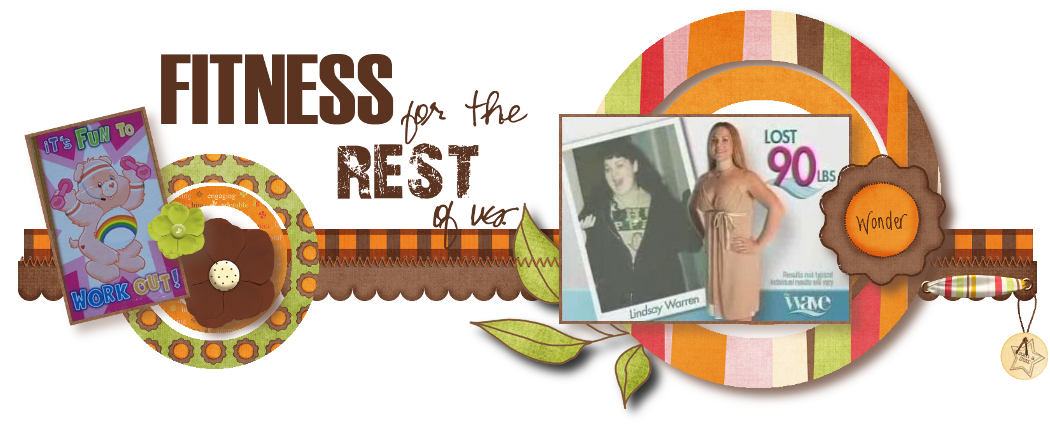here are some tips for preventing flu infection this and every season:
Although a good firm handshake is a professional courtesy in the workplace, fist bumps are trending. The perk: keeping germs off of your palms! If you must shake a hand, wash your hands after. It is not recommended or realistic to go running to the bathroom after every interaction, but subtly making your way to a lavatory or break-room sink is a good idea whenever possible. Which brings us to the next suggestion…
Get your hands on an antibacterial hand sanitizer
Keep antibacterial hand sanitizers at your desk and use them whenever you touch communal office equipment, shake a hand or somebody hands you something. Washing your hands is always best, but hand sanitizer is a good backup to kill bacteria and viruses.
Keep good space between yourself and others
Unless you have a large bubble you can wear to work, try to keep out of the airways of others. Don’t talk too close with others or stand within “shooting range” of an unexpected sneeze or cough.
Boost your immune system
It is important to keep your immune system as strong and healthy as possible, especially when we are more vulnerable to disease and virus in shared spaces like the office. Plenty of sleep, proper nutrition, drinking lots of water, regular exercise and minimizing stress are all necessary for keeping your immune system at its best.
Be your own advocate for proper healthcare and optimal nutrition for YOU
Beyond maintaining a generally healthy diet, it is imperative that we eat right for our individual systems. Because everybody responds to different foods in a unique way, this too can affect our immune systems. If we are exposed to something that our body might be sensitive to, it can weaken our immune system or trigger a negative autoimmune response. So if you are aware of foods that don’t settle well with you, try to avoid them during the flu-laden, vulnerable time of the year. If you suspect you may have sensitivities to foods or have what you believe to be autoimmune response to them, consider speaking with your health care professional about food reactivity testing like the Cyrex Laboratories Array 10 blood panel.
Dr. Chad Larson, NMD, DC, CCN, CSCS, Advisor and Consultant on Clinical Consulting Team for Cyrex Laboratories. Dr. Larson holds a Doctor of Naturopathic Medicine degree from Southwest College of Naturopathic Medicine and a Doctor of Chiropractic degree from Southern California University of Health Sciences. He is a Certified Clinical Nutritionist and a Certified Strength and Conditioning Specialist. He particularly pursues advanced developments in the fields of endocrinology, orthopedics, sports medicine, and environmentally-induced chronic disease.
Do not copy, in whole, or in part any portion of any postings on my blog. Do not repost my content on any other site without my explicit consent. All of my postings belong solely to lindsey8.blogspot.com.

No comments:
Post a Comment